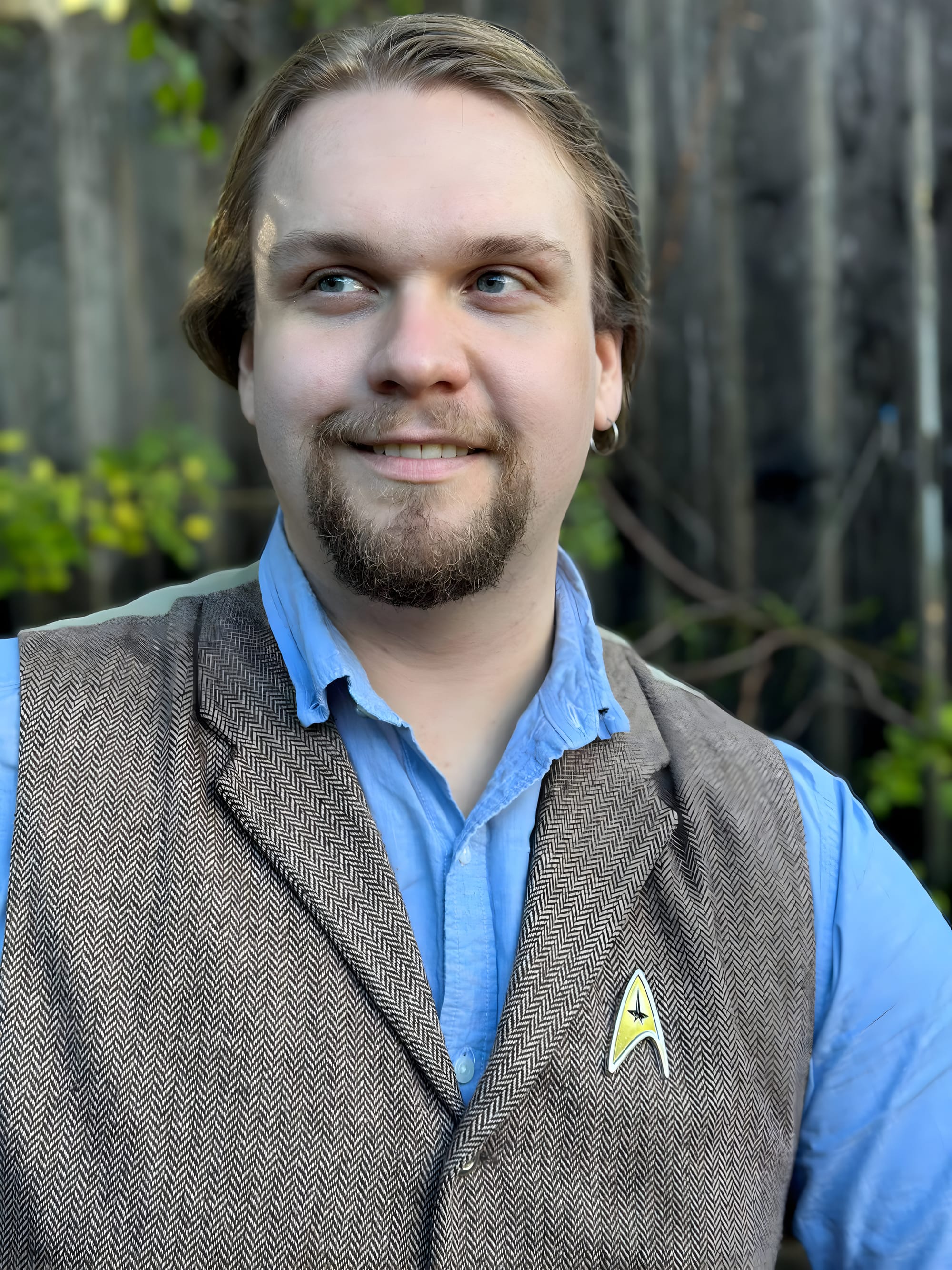The last place my wife and I lived was a small, 500 square foot apartment. We knew it was going to be small, going in, but it was also in the center of town, and we figured that it would give us the chance to socialize more.
We moved in just before Covid-19 started.
In order to survive the first two years of the pandemic in such tight confines required a lot of due diligence. To make our home a safe space in the middle of such craziness, and to ensure my wife could come home to a comfortable and welcoming space after a long day at work, I set about creating routines for maintaining our living space.
I bought a beautiful wooden Murphy bed that transformed our bedroom into a multipurpose space. I hid a small IKEA desk inside our closet. Suddenly, we had a combined office/home-gym/bedroom. In our living room, I installed a ceiling-mounted projector and a pull-down projector screen. Efficient, way more fun than a TV, and with almost no footprint in our living area!
Combined with the organization of a rigorous cleaning schedule, these changes made our little crummy apartment actually pretty nice during an otherwise intense couple of years.
Organization breeds organization
Now, this is not an information-retrieval system, but it is the bones of an organizational structure — a structure with the purpose of supporting all the complex habits of life. Which leads me into how I began creating my first intentional knowledge system using the Obsidian application and the zettelkasten method.
The first year of the pandemic corresponded to the last year of my Master’s degree. I had already bought a non-refundable plane ticket to my next Master’s residency on the other side of the country. I did not feel particularly ecstatic about having my low-residency program become, suddenly, 0-residency.
But then, a talk that one of my professors gave the semester before sprung out at me and changed my life forever.
Tobias Buckell is a great science fiction writer, and he’s also someone who gets tremendously excited about the ability to self-improve. He had just discovered Obsidian, and was ecstatic at how easily he could pull out notes and turn them into essentially completed projects. He demonstrated this by showing us how that very lecture had been, the day before, just a collection of notes. All he needed to do was pull them out, arrange them to his liking, and BAM: instant lecture.
I was enthralled.
I had downloaded Obsidian that week and played around with it, but, over the months, my motivation waned. Learning new software is hard, but learning entirely new methods for thinking? And for thinking about thinking? Who has time for that?!
As it turned out: I did. Because the pandemic shut everything down.
Now, I was, in a way, lucky. I stopped working and lived off the temporary Universal Basic Income provided by the federal government. And I used that time to complete my degree, improve my health and fitness, take care of my partner (who still needed to work), start my own organization dedicated to forming writing communities, volunteer for three different international conferences, and remain a stable pillar for my friends.
It’s almost like UBI makes it possible to live a good life and be a better member of society or something.
Anyway….
I also used that time to improve _how_ I learned. I finally dove into zettelkasten for real, using the Obsidian software to organize my thoughts into atomic chunks. I wrote my critical thesis component using that method. Then, when I presented my thesis at a scholarly conference the next year, I used the same method to deconstruct it and turn it into the 20-minute presentation.
Things were not all “peaches and cream,” of course.
Organizing things is hard. My first major block was changing how I thought about the information I produced (something I’m still working on). Instead of thinking, “I need an idea first,” I started training myself to look for connections between my thoughts.
The more thoughts, in note form, I put down, the more connections. The more connections, the more complex the network. And, I soon realized, from those networks ideas would just _present themselves_. And in ways that they probably never would have if I’d gone looking for them on their own.
A big part of this was no longer thinking in terms of predefined categories because doing so forced an unnatural limitation on how my mind made connections. Instead, I started to look at ways to describe a new thought or note, and find ways to connect those pieces of knowledge about knowledge — the metadata of my system. Turns out, this is much harder than it sounds. It’s also incredibly rewarding.
A paradigm shifts
Thomas Kuhn, in his book The Structure of Scientific Revolutions (1996), described a concept for “paradigms” of knowledge. This is everything that a field contains, from its theories to its methodology, as well as a belief system, or worldview inherent in the members of the field.
The whole system is built to support that paradigm, promote it, and utilize it.
Yet, as Marcia Bates points out in The Invisible Substrate of Information Science (1999), “a field’s paradigm is much more than the explicit theoretical model it works from.”
My paradigm of note-taking, of collecting, managing, and retrieving my own knowledge, operated for years on an outdated paradigm. The same paradigm, I fear, commonly taught throughout the entire country. It consists of the values of rote memorization, subject expertise, didactic learning, and hostile argumentation.
What I discovered, and what many others in the common social sphere (outside the borders of trained information scientists) seem to be discovering, is a Kuhnian paradigm shift. Marcia Bates recognized that newcomers were entering the field of Information Science in the 1990s, but I think the real shift is that information science is starting to enter the mainstream consciousness (if only at its farthest edges).
We are starting to see an increasing number of students, and independent thinkers, who are realizing that subject expertise is not as valuable as the skill of connecting knowledge into frameworks. Even within siloed scientific fields, there is an increasing realization that theories and methods from other fields can provide valuable breakthroughs.
Self-betterment
My goal is not to become a better information professional, my goal is to become a better person. But, it is completely apparent to me that being a better person requires improved thinking about thinking.
Organization and structured habits improve the functioning of our lives. Networked information, connected through strong strands of metadata, allow us to think more efficiently and come up with new ideas. One area of practice and knowledge feeds into another, and each helps us improve ourselves.
My improvement of my home living situation and my ability to embrace new forms of information organization are not distinct, but are rather deeply complementary. The goal is to continue refining one’s life based on the metadata of one’s life — to improve the structural elements, to inspect the networks of biases, and to ultimately act as a node of synthesis. Through this process, life’s habits become second nature, comfort becomes easier to build and maintain, and everyone can partake in humanity’s collective process of self-betterment.
Enjoy this article? You might enjoy these as well!



